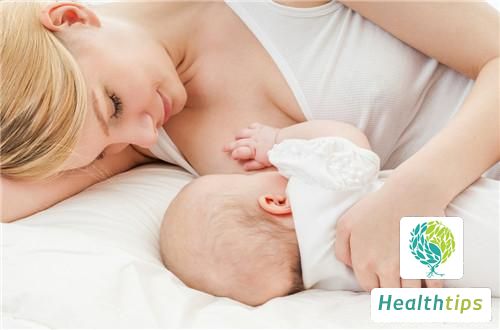Why Does It Hurt Below? Exploring the Possible Causes
The private area is a very sensitive part of the female body, and like other parts, it can also experience pain due to various reasons. The sensitivity of the private area itself increases the perception of pain, which can be embarrassing for women. There are many reasons for pain in the female private area, and we can roughly understand them and combine them with our own situations to make judgments and take effective measures for treatment in time. So, what are the causes of pain in the lower part? Let's take a look at the reasons below.

1. Gynecological Inflammation
After menopause, due to ovarian dysfunction, decreased estrogen levels, vaginal wall atrophy, and increased vaginal pH, pathogenic bacteria are more likely to invade and cause gynecological inflammation. Additionally, foreign or vaginal tumors, wounds caused by gynecological surgery or childbirth can also cause discomfort and pain in the vagina. It is recommended to choose light-colored, loose-fitting, and pure cotton underwear, which should be washed by hand and not overnight to prevent bacterial growth. It is advisable to replace underwear every three months.
2. Urinary System Inflammation
Blockage in the upper segment of the ureter can cause severe pain in one side of the waist and microscopic hematuria. The pain is mostly colicky and radiates to the inner thigh or labia majora on the same side as the ureter. It is recommended to avoid using sanitary napkins with medication or fragrance, and to change them frequently, every two hours, to prevent menstrual blood from becoming a breeding ground for bacteria.
3. Pelvic Floor Muscle Relaxation
This condition can cause uterine prolapse, leading to a sensation of fullness and discomfort in the lower abdomen of women. The pain may increase during sexual activity. Women who have had childbirth prematurely, married and given birth prematurely, or had multiple childbirths are at a higher risk of uterine prolapse. Long-term increased abdominal pressure, such as coughing or dry stool, can also cause uterine prolapse. After symptoms improve, women should continue to take medication as prescribed and stop treatment only after three consecutive negative reviews.
4. High Concentration of Oxalate in the Body
Some women have poor metabolism of oxalic acid in food, leading to its deposition during urination. Once it reaches a certain concentration, it can stimulate the skin of the vulva and cause pain in the private area. This condition is more common in women with cloudy urine. After treatment and recovery from vaginitis, it is advisable to adopt healthy lifestyle habits and attitudes to prevent recurrence, such as disinfecting previously used personal items, maintaining body cleanliness, and avoiding chaotic social circles and lifestyles.
5. Anxiety
Anxiety is also a factor that affects pain perception. Avoiding prolonged sitting or bowing your head, strengthening exercise, and maintaining a relaxed mood can significantly reduce pain. Herbal medicine with detoxifying, antibacterial, and antipruritic properties can be used to boil water for fumigation and washing of the vulva, which can both relieve symptoms and inhibit the growth of Candida.
6. Candida Infection
A history of vulvovaginal candidiasis is the only consistent feature of vestibulitis patients, but inappropriate and frequent topical antifungal agents can also cause this symptom. Additionally, the colonization rate of Candida in vestibulitis patients is not higher than that in the control group. The etiology of annular vulvitis is unclear, but Candida albicans may be a potential cause, and antifungal treatment is usually effective. Taking certain measures to treat vaginitis can only have a certain effect on initial stages of the disease. If the symptoms of the disease are severe, it is best to seek professional medical treatment.



















